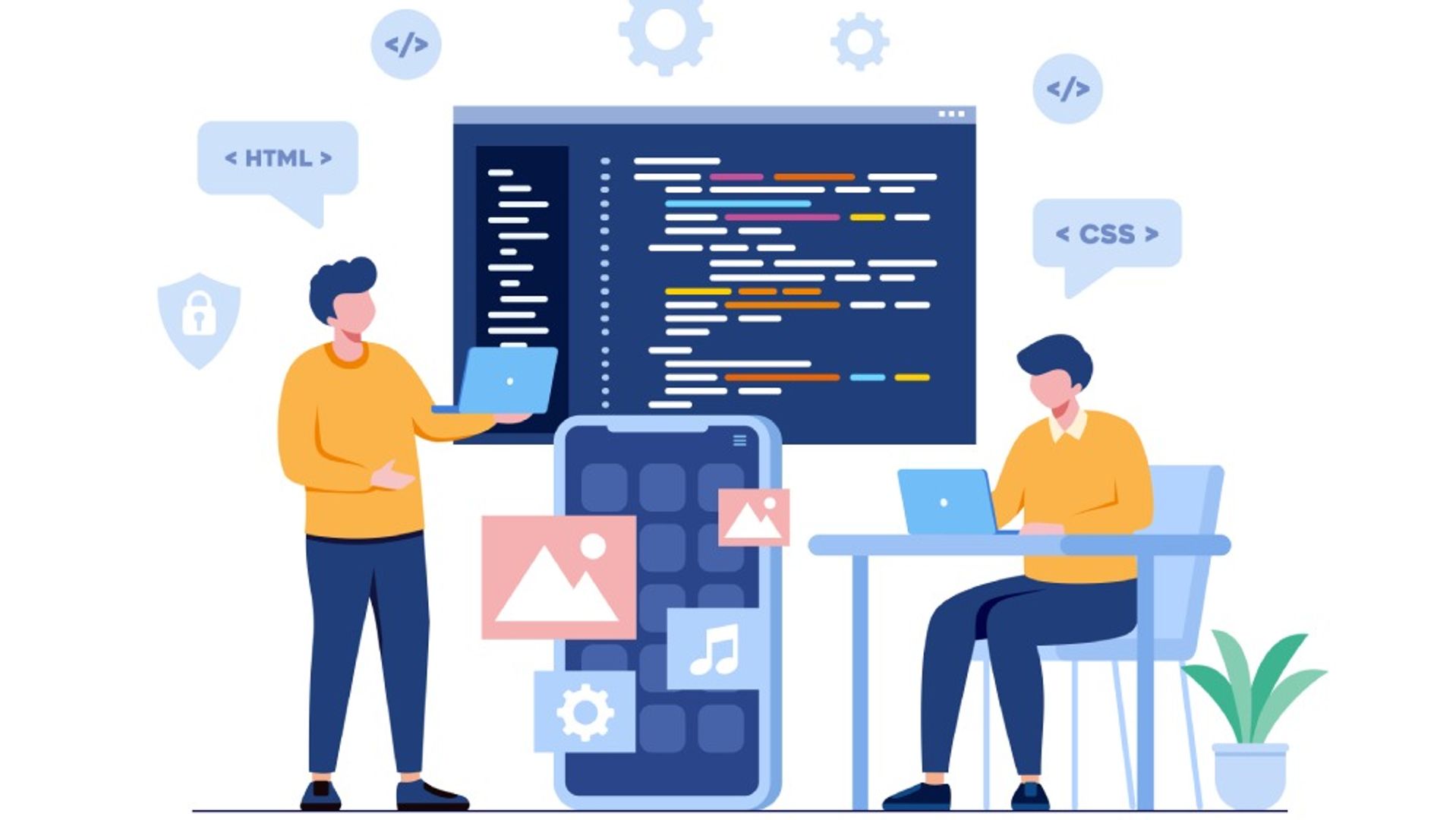A job in Android development has become more rewarding, fulfilling, and in demand to the global economy as Android apps continue to link people across the globe and allow users to engage in more inventive and engaging ways. To be a great Android developer, you must acquire a variety of talents and put them to use when and where they are needed to give your users the best possible experience.
The creation of Android apps necessitates a thorough understanding of both coding and design principles. To create and release successful apps, a seasoned Android app developer needs to know the subtleties of several related ideas. So, in this blog, we have come up with the top 6 Android developer skills that you should possess:
1. Android foundations
A programming language is the fundamental building component of developing Android applications. Kotlin and Java are the two languages most frequently used to construct Android apps. To create apps, you can use Java or Kotlin, or even both at once. The fundamental ideas behind either one or both of these two programming languages, such as their syntaxes and foundations, frameworks for collections, generics, and functional programming, must be known to you. It would help if you learned XML as it is utilized to create layouts (user interface) for Android. It is a language similar to HTML. Following their construction, these XML Layouts are connected to Kotlin/Java files containing business logic.
Android Studio is a useful application that allows you to create fluid XML layouts and develop business logic in an integrated environment. Gradle, didn't quite get what you meant, is used by Android Studio to automate and control your build process. There is a plugin called the Android plugin for Gradle that allows you to combine Gradle with Android Studio. Before you can begin, you must comprehend what Gradle is and how to utilize it specifically for handling external dependencies. This implies that you can create Android apps using Android Studio, the command prompt on your computer, or even devices without an Android Studio installation (such as continuous integration servers). You may learn how to create and execute your app from the command line if you do not use Android Studio.
2. Android Interactivity
Android app user interaction should be given the highest priority. A smooth user experience is greatly aided by using callbacks, proper movements like drag and drop, the right keyboard for user input, and the appropriate usage of pan and zoom. These are tiny but incredibly helpful for enhancing user interaction. Above all, this user interaction occurs in the Activity component of Android.
Users can notice a significant difference when appropriate movements like drag and drop, keyboard use, and strategic pan and zooming are used. These details may seem insignificant, yet they may significantly enhance the user experience. Activity, an Android component, is primarily responsible for this user interaction.
3. Cybersecurity Skills
Protecting mobile apps from external viruses and threats, as well as the digital data of app users, is the main objective of cybersecurity. The need for cybersecurity expertise among developers to create user-safe mobile applications has increased due to the growing cybersecurity risks. Your app's user base will increase, and employers will find you more appealing if you know how to encrypt information, safeguard apps from data breaches and external threats, and address security issues.
4. Android User Interface (UI)
Strong UI design abilities can help you create user-friendly, aesthetically pleasing, and straightforward application interfaces. You may better comprehend a program's compatibility with other programs and identify user issues with the app interface by concentrating on the layout and operation of the software's user interface (UI). A robust user interface (UI) can contribute to a mobile app's success and widespread adoption, enhancing your development career.
If an application doesn't have a modern user interface, it is unfinished and doomed to fail—even if it contains amazing and helpful capabilities. Most app users today want intuitive, responsive, and exciting apps.
In the current market, developers must have a solid grasp of both consumer preferences and the design specifications for Android apps. To create apps that adhere to material design principles, every Android developer must follow a few fundamental rules. As a result, there is a greater requirement for intuitive UX and UI, and you need to learn this skill.
5. Cross-platform development skills
Developers must be able to create applications for various platforms and operating systems due to the growing diversity of mobile platforms. You can be more competitive in the market if you have a broad skill set and comprehend cross-platform ideas like code reuse, service support, and basic testing. You can think about researching and picking up new abilities to expand your expertise.
Creating a mobile application that can operate across many platforms is known as cross-platform mobile application development. This indicates that apps suitable for deployment on many platforms are created using the same code or programming language. The design and development of mobile applications should be such that they function flawlessly across all smart devices without causing any form of user-experience issues. Therefore, before judging an Android developer, be sure they can create apps that work on all three of the leading mobile operating systems: Windows, iOS, and Android.
6. Applying navigation
User interface (UI) navigation refers to activities that let users move between, inside of, and out of displays or chunks of material in a mobile application. The toolbar, the app bar, is the most fundamental as Pop-up menus, menu items, and navigation bar icons can all be added to the toolbar. This icon for the navigation bar makes it easier to open and exit the navigation bar, which is another component of good navigation. You can add menu items to the navigation bar that assist you in exchanging pieces and carrying out other pertinent tasks in your current activity.
The most critical factor in creating effective Android app navigation is user intention. Users can share data, start new activities, and move to different apps using intents. Android developers must choose whether to generate an explicit or implicit intent. Therefore, one of the key talents is understanding how to implement navigation in an Android app.
Conclusion
Although there are other aspects that recruiters must consider when hiring Android or mobile app developers, assessing an Android developer's talents remains a crucial step in the hiring procedure. Developing specialized mobile applications is required in every sector, from marketing to healthcare. Therefore, it is no secret that there is a growing need for mobile app developers. Assessing an Android developer's talents before engaging them for a project is crucial for employers. Hence, if you want to build up your career as an android developer, this article will further make you understand what qualities or skills are prioritized before hiring an android app developer.


